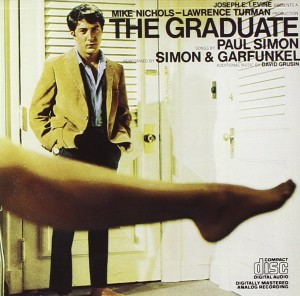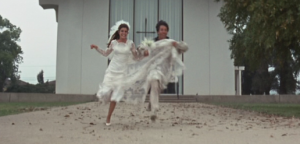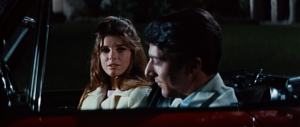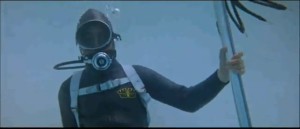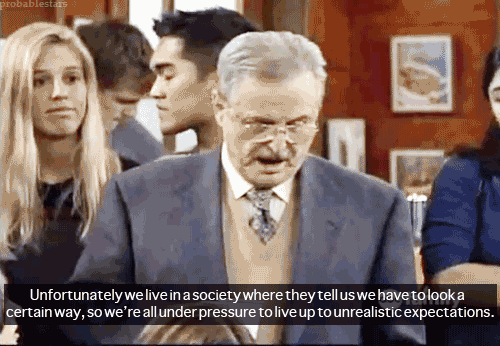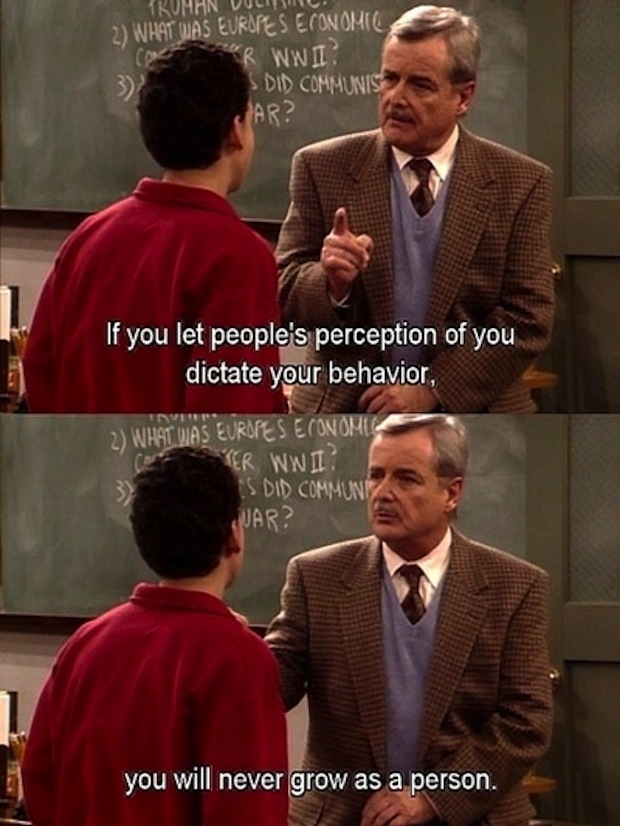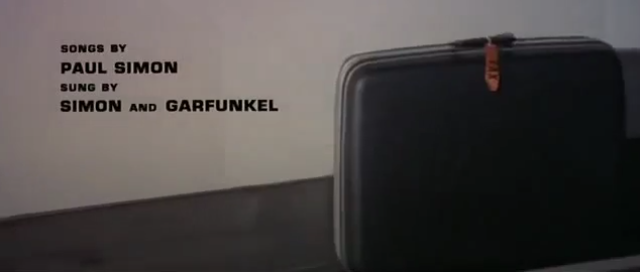 Benjamin Braddock in “The Graduate” was almost played by Robert Redford. While working on the script, Mike Nichols had envisioned the tall, bronzed blonde coming home to California to start an affair with a suburban wife. But as the script began to take form, Nichols realized that Redford was too suave for Braddock; he needed a loser in love, someone awkward, funny, and noticeably out-of-place.
Benjamin Braddock in “The Graduate” was almost played by Robert Redford. While working on the script, Mike Nichols had envisioned the tall, bronzed blonde coming home to California to start an affair with a suburban wife. But as the script began to take form, Nichols realized that Redford was too suave for Braddock; he needed a loser in love, someone awkward, funny, and noticeably out-of-place.
Nichols happened to catch Dustin Hoffman playing (I kid you not) a transvestite German fishwife in a play, and found him funny, endearing, and perfect for Braddock. Hoffman at the time had gained a small amount of success after 10 years of stage acting, including an Opie award. Still, he came to California with hesitation that quickly turned to embarrassment during his screen test.
 He showed up in his New York garb, pale skin and a black turtleneck, immediately sticking out among the Californian crowd. The makeup crew spent two hours trying to give his face color, make his nose smaller, and his muscular neck look thinner. When Hoffman saw his co-star, Katherine Ross, he immediately felt inadequate next to her beauty. He tried to dissipate some of the nervous tension by pinching her butt before they began the audition, but she immediately turned to him and said, “Don’t you ever do that again.” Hoffman felt the audition was a disaster, and when it was finally over, he reached into his pocket and accidentally sent a fistful of subway tokens flying, adding to his embarrassment.
He showed up in his New York garb, pale skin and a black turtleneck, immediately sticking out among the Californian crowd. The makeup crew spent two hours trying to give his face color, make his nose smaller, and his muscular neck look thinner. When Hoffman saw his co-star, Katherine Ross, he immediately felt inadequate next to her beauty. He tried to dissipate some of the nervous tension by pinching her butt before they began the audition, but she immediately turned to him and said, “Don’t you ever do that again.” Hoffman felt the audition was a disaster, and when it was finally over, he reached into his pocket and accidentally sent a fistful of subway tokens flying, adding to his embarrassment.
A few days later, Nichols called Hoffman’s agent, offering him the part.
It’s interesting to note a lot of the parallels between Hoffman’s life and Braddock’s. Both grew up in California and hated it, escaping to New York City (or in Braddock’s case, the ambiguous east) for college. Hoffman was frequently bullied in California by vocal anti-Semites and felt that New York welcomed him like Cali never could.
He brought this intense feeling of discomfort and marginalization to the wasp-y character, giving it the depth Redford would never have achieved. Hoffman’s non-traditional Hollywood appearance (short stature, thick neck, large nose, brooding eyebrows) also made the character seem more every-day and relatable. Braddock wasn’t a gorgeous blonde God of the silver screen, he was an awkward twenty-something suffering from an existentialist crisis.
The unlikely choice ultimately paid off. Hoffman was nominated for two Golden Globes and an Oscar, winning one of the Golden Globes for New Star of the Year- Actor. It’s hard now to picture anyone but Hoffman in the role of Benjamin Braddock. The movie also launched Hoffman’s ultimately successful career as a movie actor.
—–
Here are the two great articles I used to write this post. Would definitely recommend reading!

